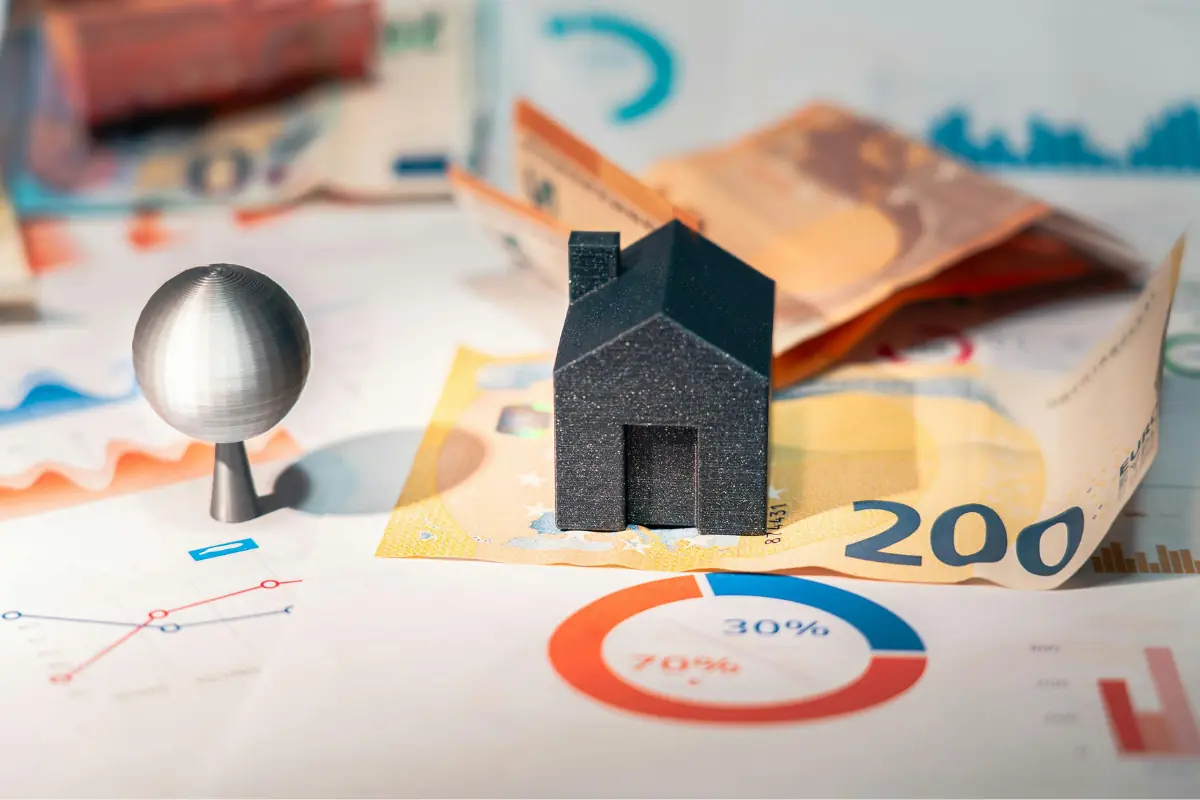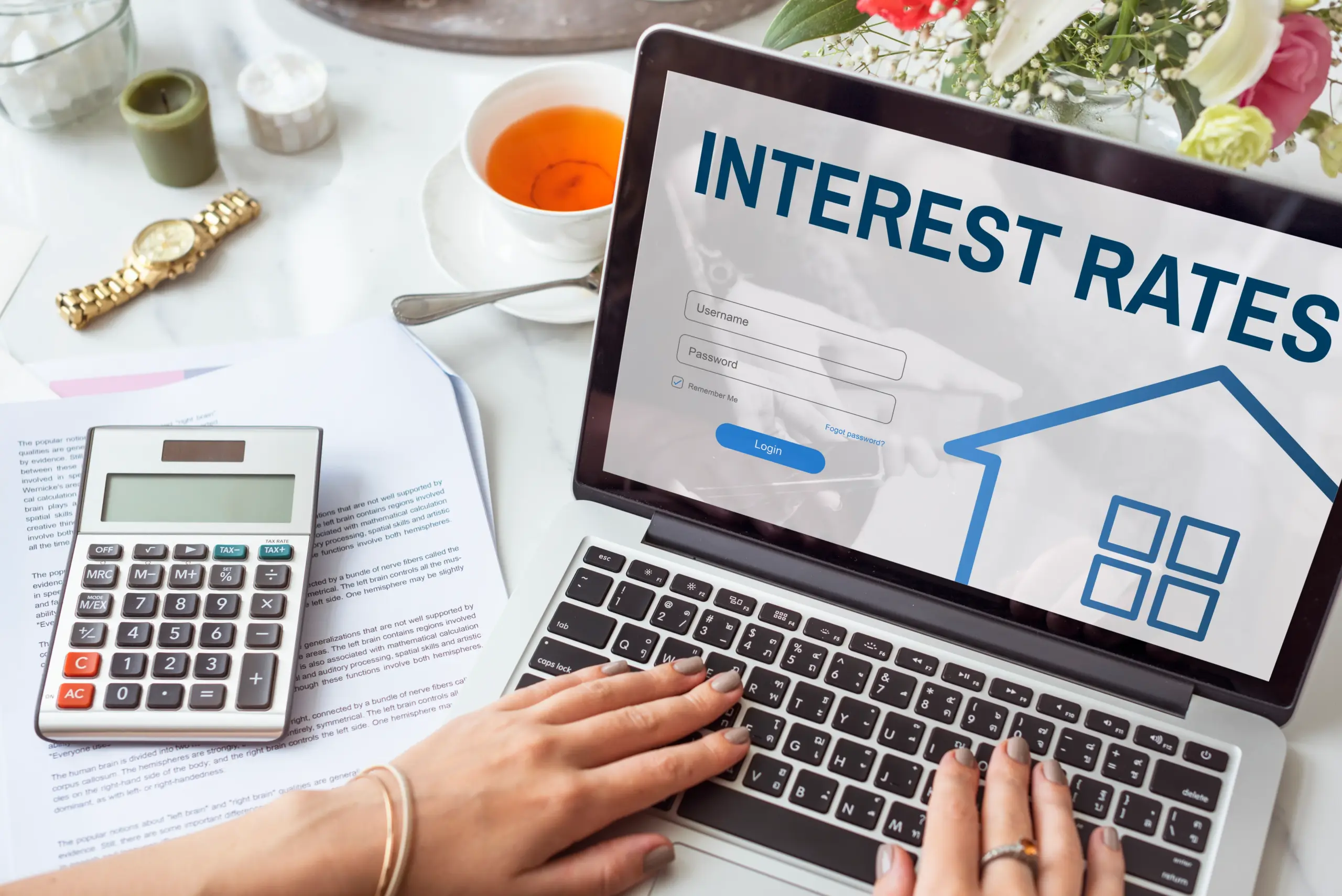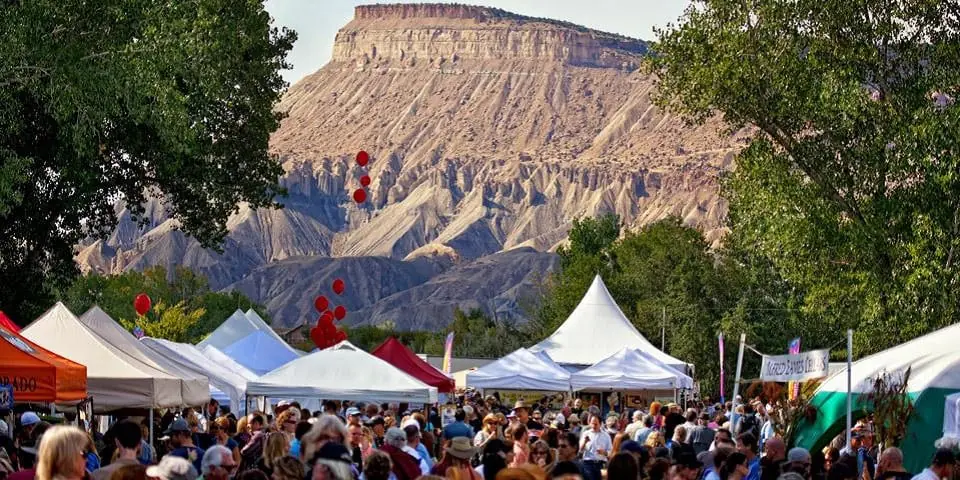There is a lot to be mindful of before signing your mortgage documents, whether it’s for your first home purchase or your third move in a few years. One of the most common questions we get from our customers at Mortgage Maestro Group is “how much should my down payment be?” There is an assumption that a larger down payment is always better, but that is not always the case. Here are a few tips and tricks we have picked up over the years when it comes to making the right decision on how much cash to put down for your mortgage.
Remember Options
There is no perfect amount of money to use as a down payment, but there are costs and benefits to using more or less. There are plenty of options when it comes to down payments, so don’t think of it as if you are making the right or the wrong decision. The best plan is to find the right down payment that makes sense for your financial situation. Not only now, but in the coming years. As an example, will you have large purchases after you buy the home?
Use a Calculator
Before speaking to anyone about your down payment options, it can be great to do some basic research beforehand. You can find easy-to-use mortgage calculators online that will help. Here you can plug in different prices for homes, down payments, mortgage rates, and your own savings and income to see how all of these factors come together. This is a quick and easy way to start thinking about your down payment options.
Interest Rates
One of the reasons that homeowners tend to think that larger down payments are better is because they can result in lower interest rates. This is often believed to be the case, with homeowners who are able to put down 20% of the cost of their home as a down payment receiving better rates than if they put down less. Just remember that there are other factors to consider beyond your interest rate, and these can be different depending on the type of mortgage contract that you sign. Some loans, like those available from the U.S. Department of Agriculture’s Rural Development Program, do not have minimum down payment requirements. This is a good time to speak with and learn more about your lender, and how their interest rates scale and change with down payments.
Lower Fees, Higher Equity
Putting more money into your down payment also has the potential to lower the overall cost at the start of your homeownership journey. Greater down payment will also give you more equity in your home from the start, putting you in a better financial position. However, saving up for a larger down payment can delay your home buying process. And sometimes, that money is better used somewhere else. For instance, you could get a higher return putting that money in an investment fund (or leaving it in your account, if you’re pulling from investments) than you would by putting it into your home, or you could even pay off student loans! Think about the cost of waiting or ask your lender what that looks like for you.
Cash Flow
One reason it may not make sense to maximize your down payment is cash flow. As any homeowner will tell you, houses cost money. Do not overextend yourself on a down payment that will make it more difficult to shoulder new expenses like basic maintenance, utilities, or maybe appliance upgrades. Before making a larger down payment, it is a good idea to run through your expected homeowner’s expenses for the first year. Researching and planning for unexpected repairs and bills should be thought through.
If you have questions or would like to know more about the housing market, fill in this form so we can talk!










